Batteries are at the heart of electric cars, playing a decisive role in their performance, range, and overall viability. In this article, we will introduce you to the different types of batteries used in electric vehicles and what you need to know about EV battery life. Read on for more information.

What Kind of Batteries Do Electric Cars Use?
Lithium-Ion Batteries
Lithium-ion batteries are the most commonly used type of battery in modern electric vehicles. They utilize lithium compounds in their electrodes and are known for their high energy density. This means they can store a significant amount of energy in a relatively small and lightweight package. The basic structure of a lithium-ion battery includes a cathode, an anode, a separator, and an electrolyte. The cathode and anode store the lithium, and the electrolyte carries lithium ions between them.
Lithium-ion batteries are preferred in EVs because they can provide the high energy required for long driving ranges while maintaining a manageable weight. They also have a relatively long lifespan, making them a cost-effective option in the long term.
-
High energy density, allowing for longer ranges.
-
Lightweight, improving vehicle efficiency.
-
Relatively long lifespan.
-
Rapid charging capabilities.
-
Expensive to produce.
-
Risk of overheating and thermal runaway.
-
Requires complex battery management systems.
Nickel-Metal Hydride Batteries
Nickel-metal hydride (NiMH) batteries were once a popular choice for electric and hybrid vehicles, particularly before the rise of lithium-ion technology. They consist of a nickel-hydroxide positive electrode, a hydrogen-absorbing alloy negative electrode, and a potassium hydroxide electrolyte. NiMH batteries are known for their robustness and environmental friendliness compared to other battery types, as they use non-toxic materials.
While not as energy-dense as lithium-ion batteries, NiMH batteries are still used in some hybrid vehicles and are valued for their durability and relatively lower cost. They are especially common in applications where long life and safety are prioritized over energy density.
-
More environmentally friendly than lithium-ion batteries.
-
Long lifecycle with good durability.
-
Lower cost compared to lithium-ion batteries.
-
Lower energy density, resulting in shorter ranges.
-
Higher self-discharge rate.
-
Generates more heat, requiring robust cooling systems.
Solid-State Batteries
Solid-state batteries are an emerging technology that promises to revolutionize the electric vehicle industry. Unlike traditional batteries that use liquid or gel electrolytes, solid-state batteries use solid electrolytes. This change in materials significantly enhances the battery's safety, energy density, and performance. The typical components of a solid-state battery include a solid electrolyte, a cathode, and an anode.
Solid-state batteries are still in the developmental stage and are not yet widely available in the market. However, they hold great potential for the future of electric vehicles due to their improved characteristics over conventional lithium-ion batteries.
-
Higher energy density than lithium-ion batteries.
-
Improved safety with reduced risk of fire.
-
Potential for faster charging times.
-
Currently in the developmental stage, not widely available.
-
Expensive to manufacture.
-
Limited real-world testing and performance data.
Lead-Acid Batteries
Lead-acid batteries are one of the oldest types of rechargeable batteries and are widely used in various applications, including automotive, backup power, and low-speed electric vehicles. They consist of lead dioxide and lead plates submerged in a sulfuric acid electrolyte. Despite their age, lead-acid batteries remain in use due to their reliability and low cost.
In the context of electric vehicles, lead-acid batteries are typically not used as the primary power source due to their low energy density and heavyweight. However, they may still be used in auxiliary applications or in some older or specialized electric vehicles.
-
Low cost and widely available.
-
Reliable and well-understood technology.
-
High power output for starting and backup applications.
-
Very low energy density, not suitable for long ranges.
-
Heavy, adding significant weight to the vehicle.
-
Short lifespan and high maintenance.
Ultracapacitors
Ultracapacitors, also known as supercapacitors, are energy storage devices that differ significantly from traditional batteries. They store energy through electrostatic fields rather than chemical reactions. This design allows them to charge and discharge extremely quickly, providing high power density. Ultracapacitors consist of two conductive plates separated by an electrolyte, with one plate positively charged and the other negatively charged.
While ultracapacitors are not typically used as the primary energy storage in electric vehicles due to their low energy density, they are often employed in conjunction with batteries. They provide quick bursts of power that can be useful for acceleration, regenerative braking, and smoothing out power demands.
-
Exceptional power density, providing quick bursts of energy.
-
Long lifecycle with virtually unlimited charging cycles.
-
Extremely fast charging and discharging.
-
Low energy density, unsuitable for primary battery use.
-
Expensive and currently used mainly for supplemental power.
How Long Does an Electric Car Battery Last?
The lifespan of an electric car battery typically ranges from 8 to 15 years, depending on various factors. These include the type of battery, usage patterns, charging habits, and environmental conditions. Manufacturers often provide warranties that cover the battery for a certain number of years or miles, offering peace of mind to EV owners.
How to Extend EV Battery Life
To maximize the lifespan of your EV battery, consider the following tips:
-
Avoid extreme temperatures: Park in shaded or climate-controlled areas to protect the battery from extreme heat or cold.
-
Manage charge levels: Avoid consistently charging to 100% or letting the battery drop to 0%. Aim to keep the charge level between 20% and 80%.
-
Use fast charging sparingly: Frequent use of DC fast chargers can degrade the battery faster than slower AC charging.
-
Regular maintenance: Follow the manufacturer's maintenance guidelines to ensure optimal battery health.
Which EV Charger Is Better for the Battery?
When choosing an EV charger, consider the impact on your battery's health. Level 1 chargers (standard household outlets) are slow but gentle, ideal for overnight home charging. Level 2 chargers (240-volt outlets) are faster and balance speed with battery health, suitable for regular use. DC fast chargers provide rapid charging but can degrade the battery faster if used frequently. For optimal battery health, use Level 2 chargers regularly and reserve DC fast chargers for occasional use. This approach helps maintain battery efficiency and extend its lifespan.
For a reliable and efficient home EV charger, consider Autel products. Their level 2 EV chargers are designed to offer optimal charging performance while maintaining the health and longevity of your battery. Explore their offerings at Autel.
Conclusion
Learn about the different types of batteries used in electric vehicles, their advantages and disadvantages, and the best ways to maintain them. By choosing the right type of battery and following proper maintenance and charging practices, you can extend the life of your electric vehicle battery and enjoy the benefits of electric driving for many years to come.
Related reading: Four Types of Electric Vehicles

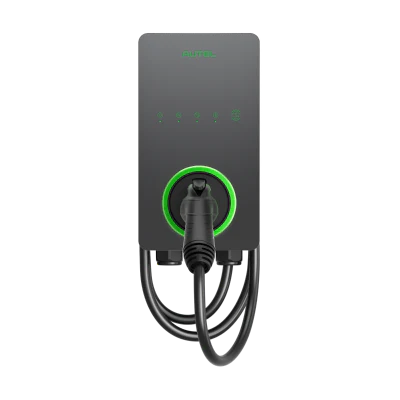
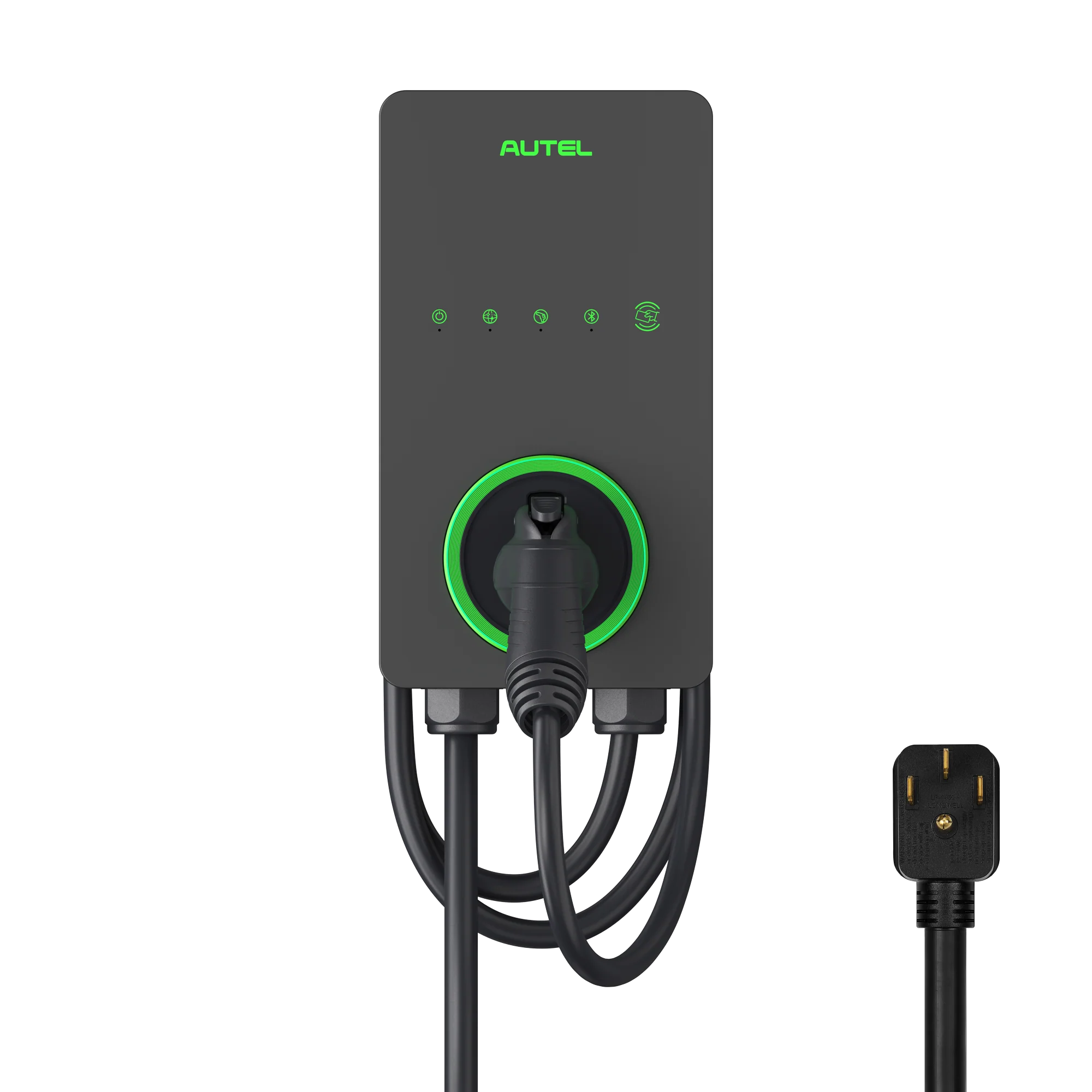
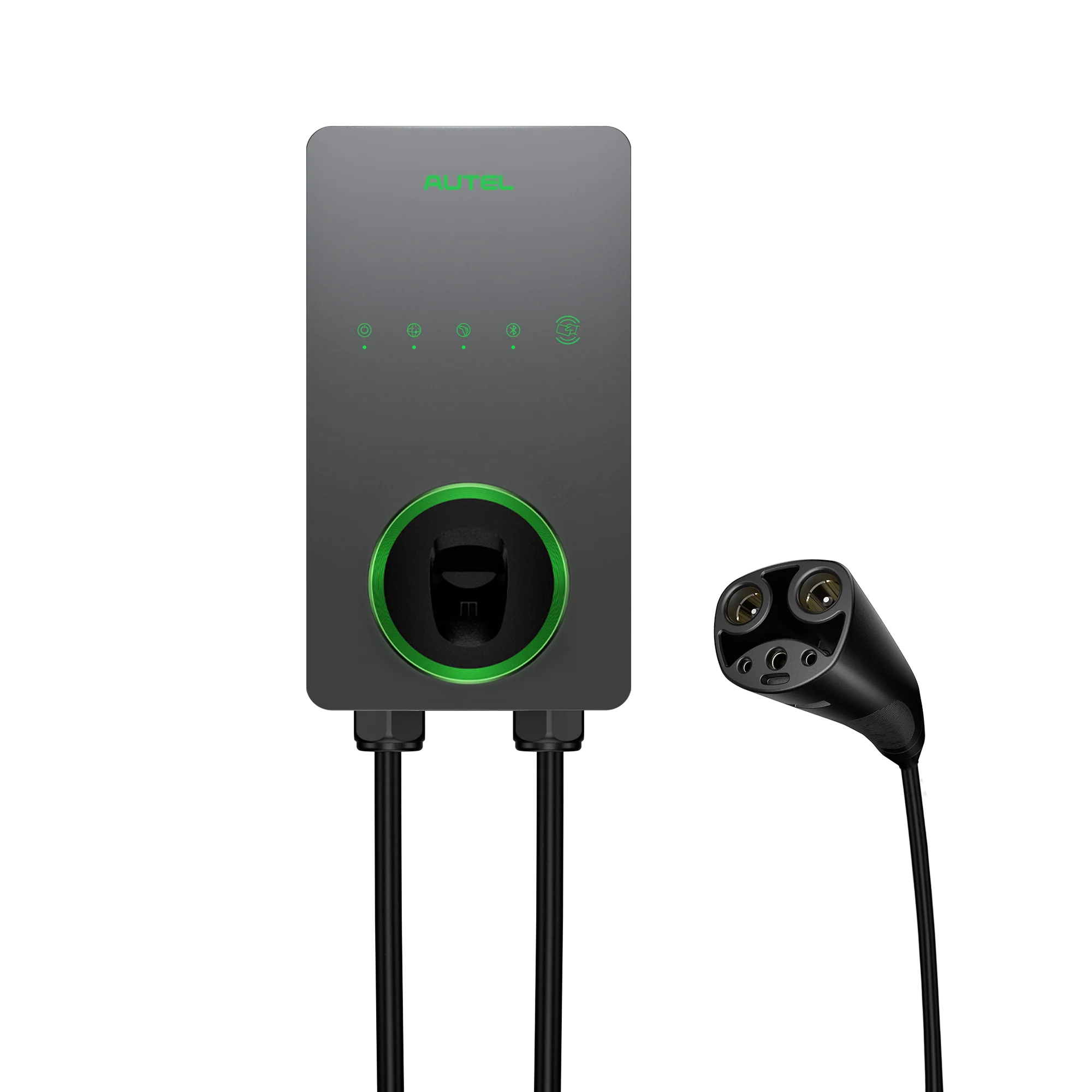
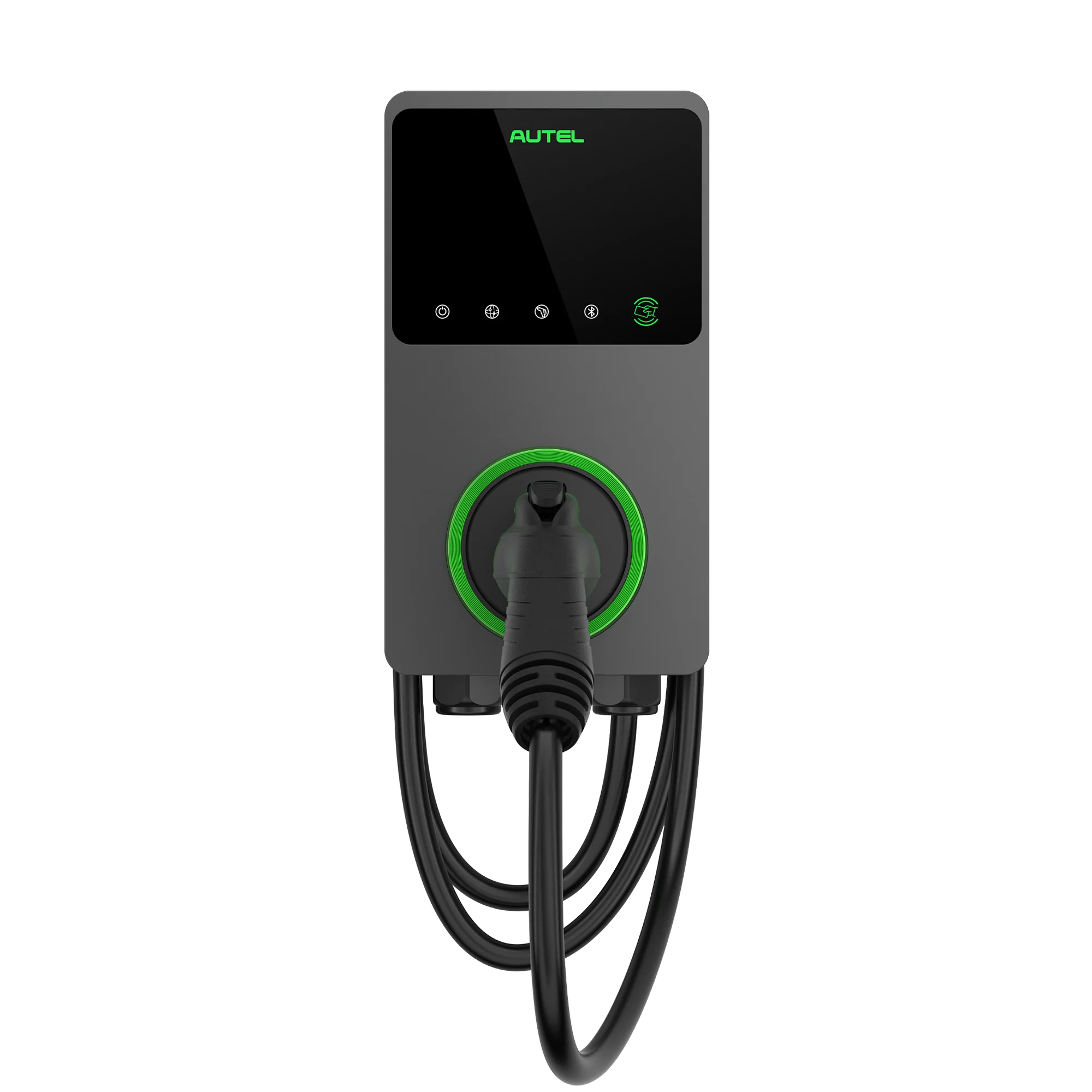
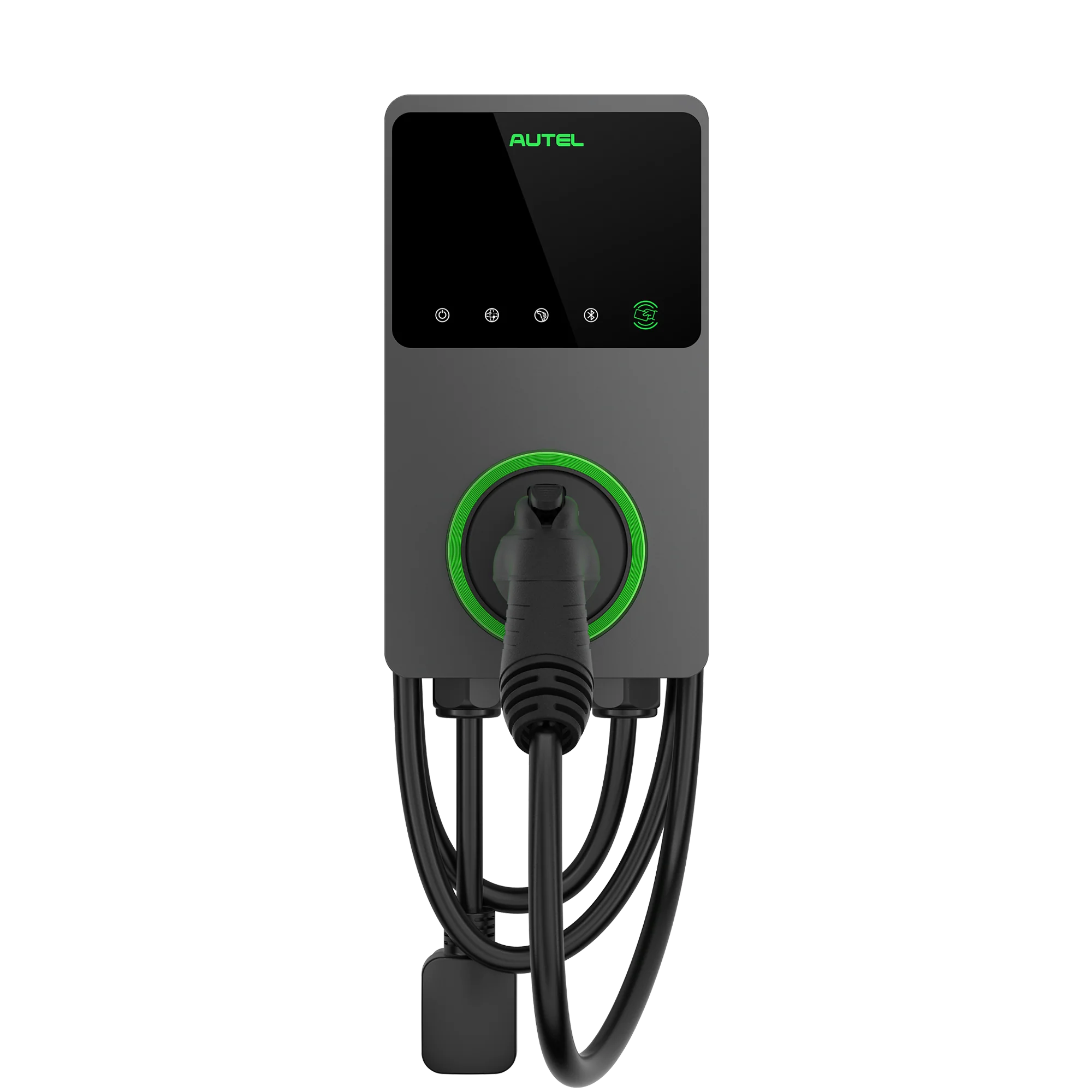

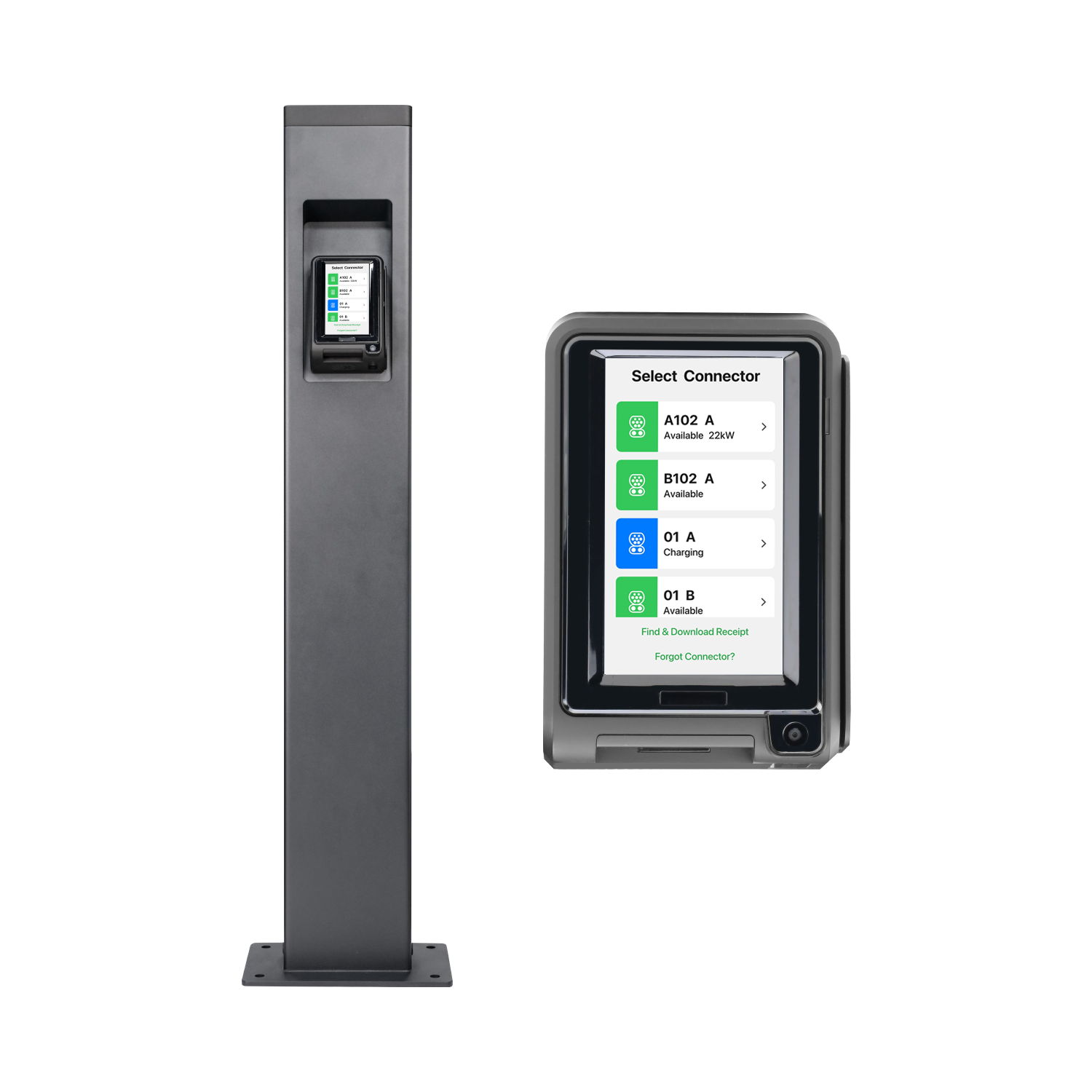

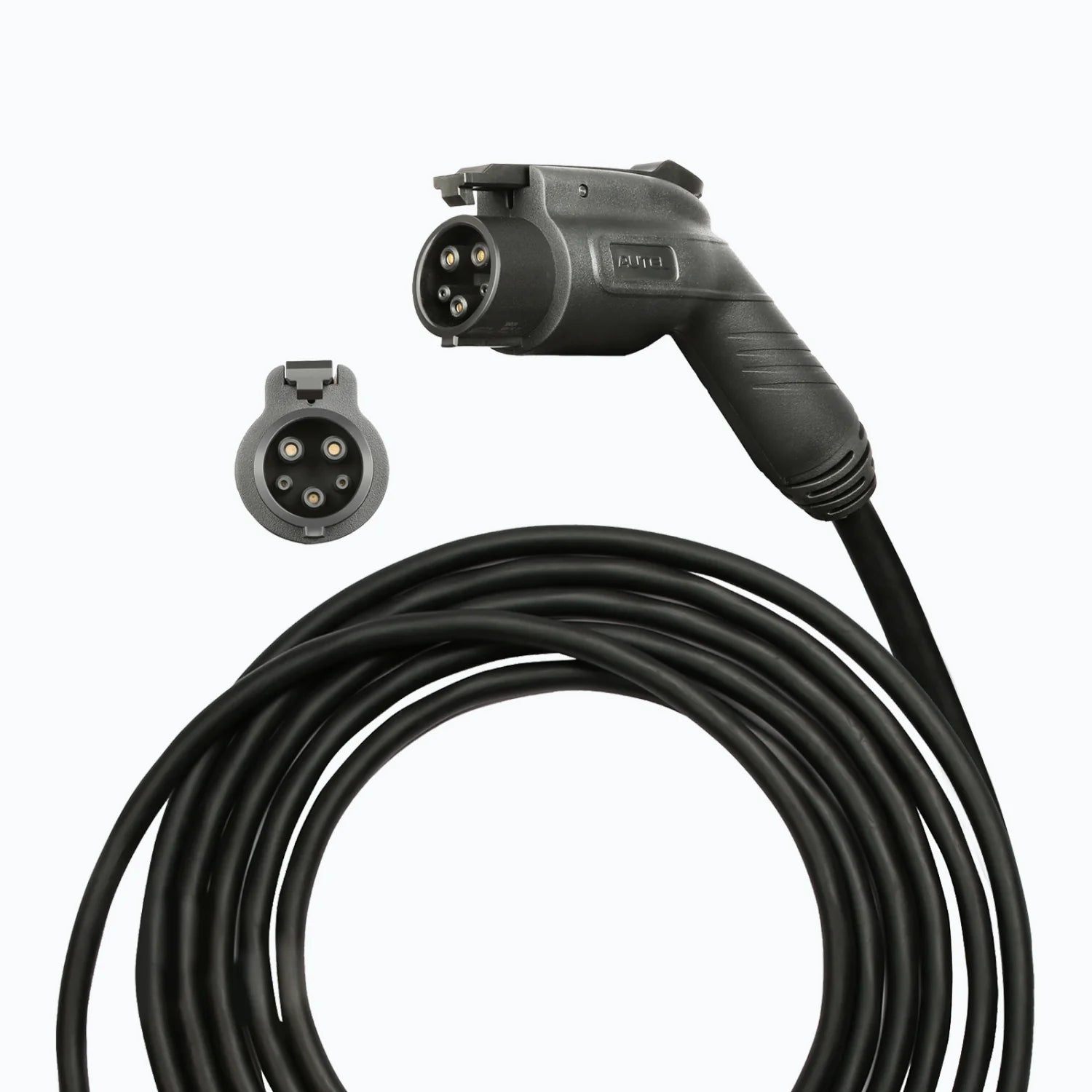
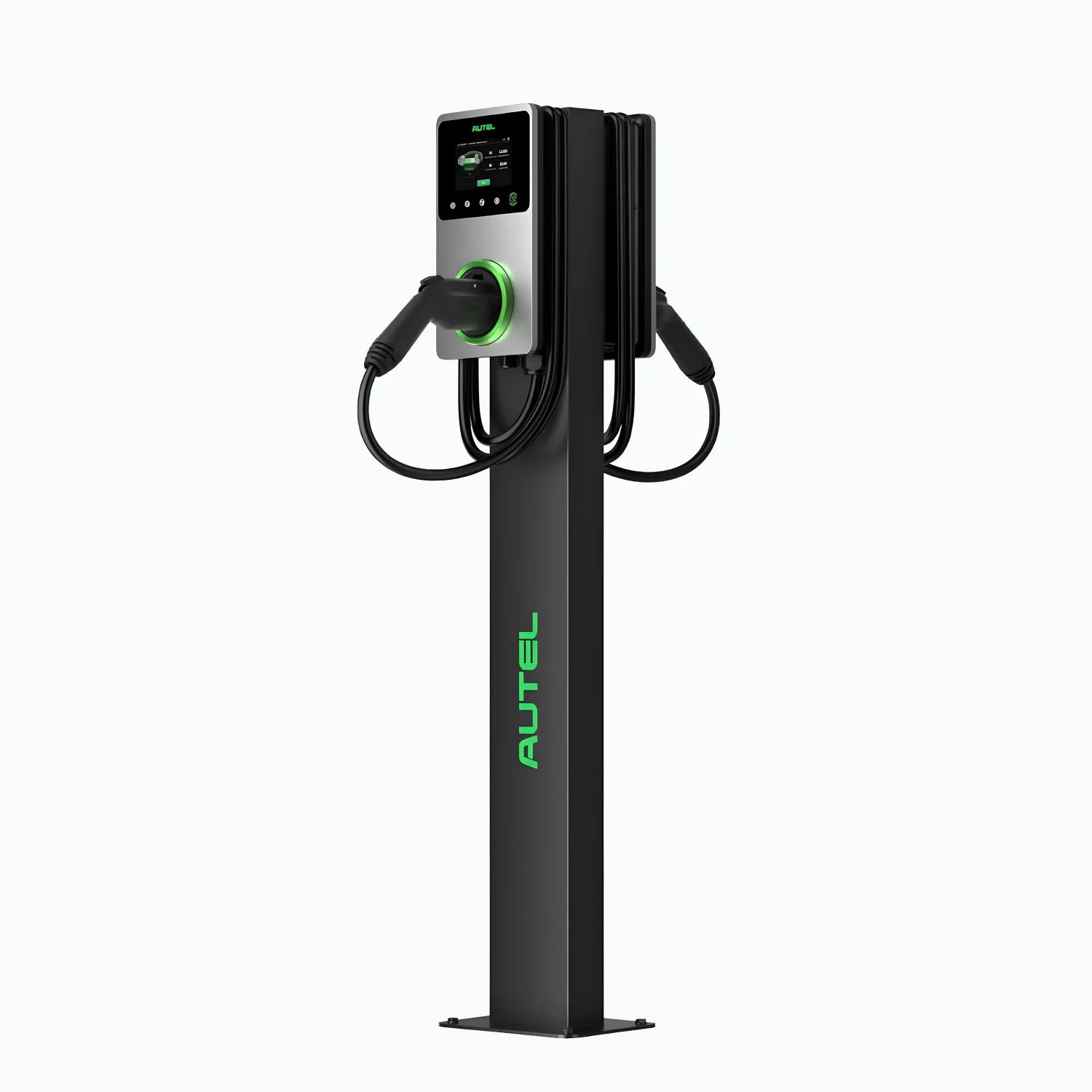
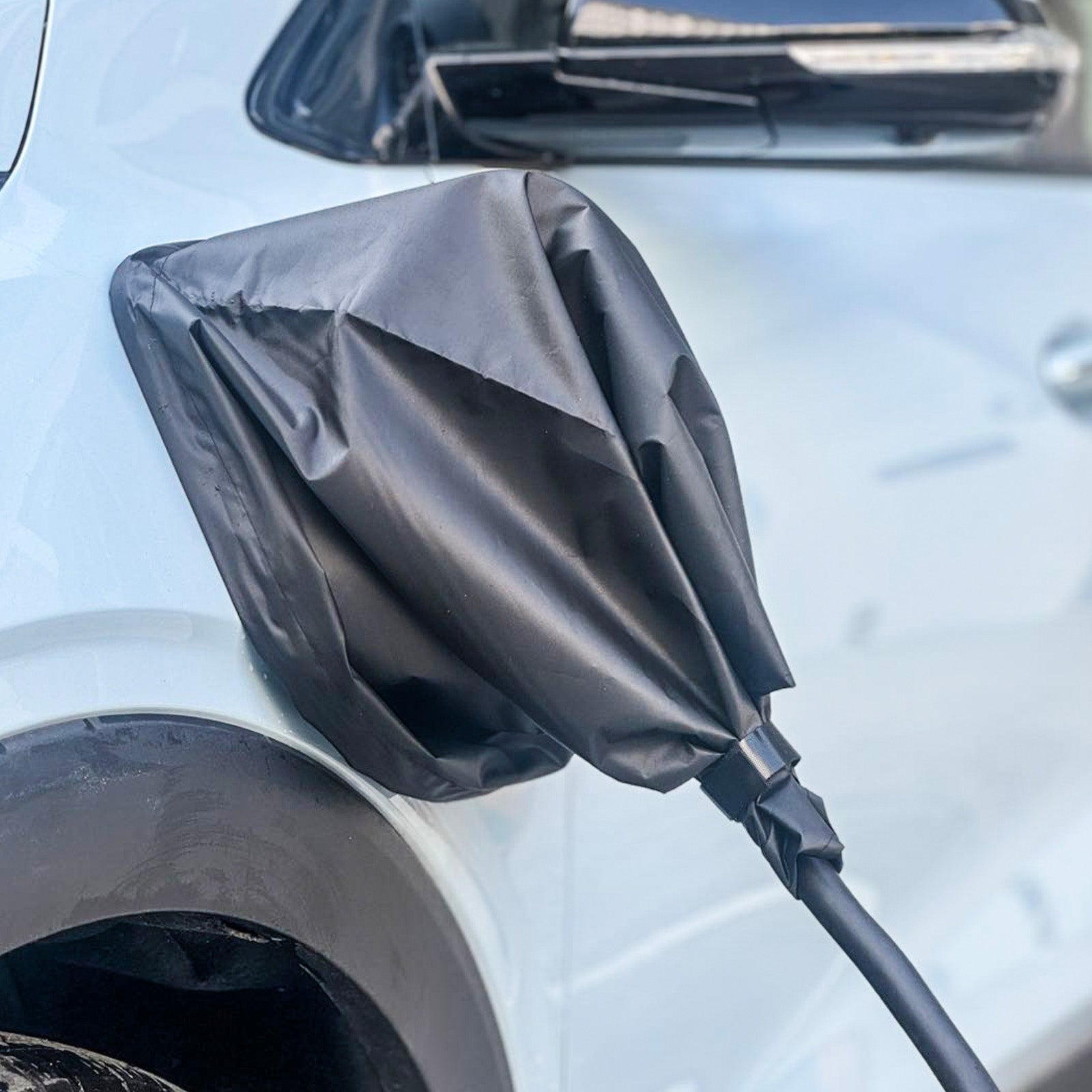
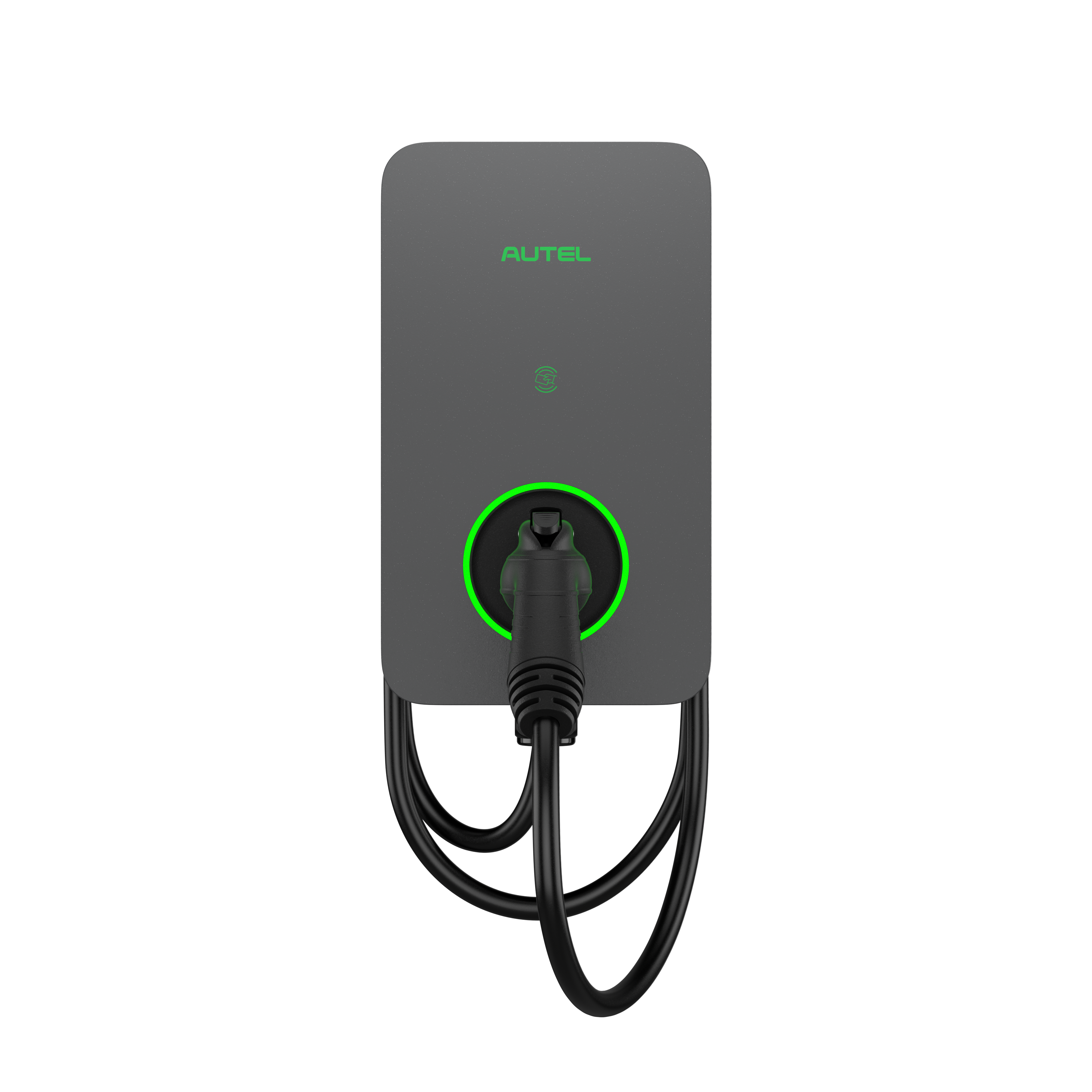
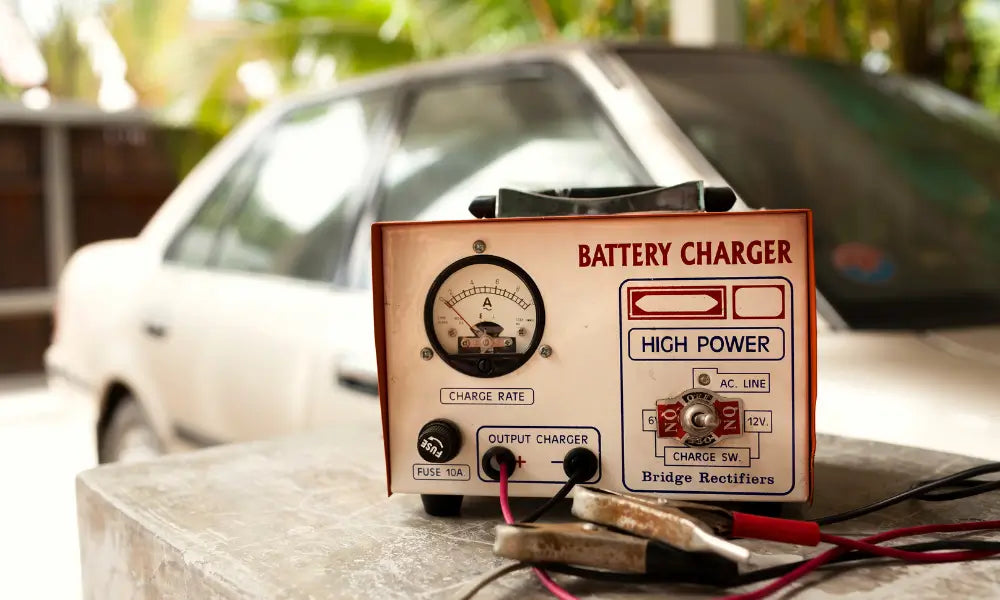
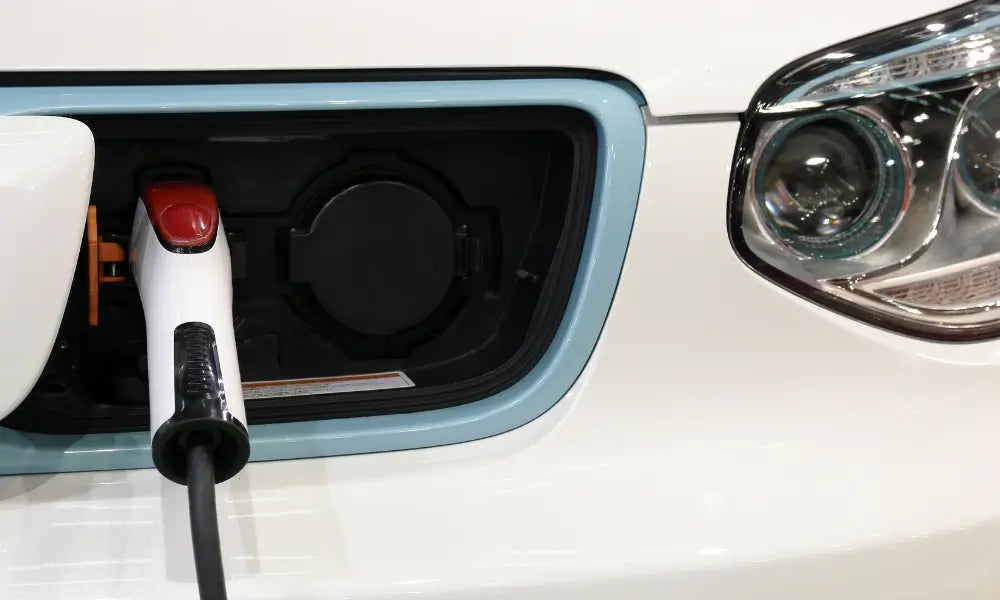
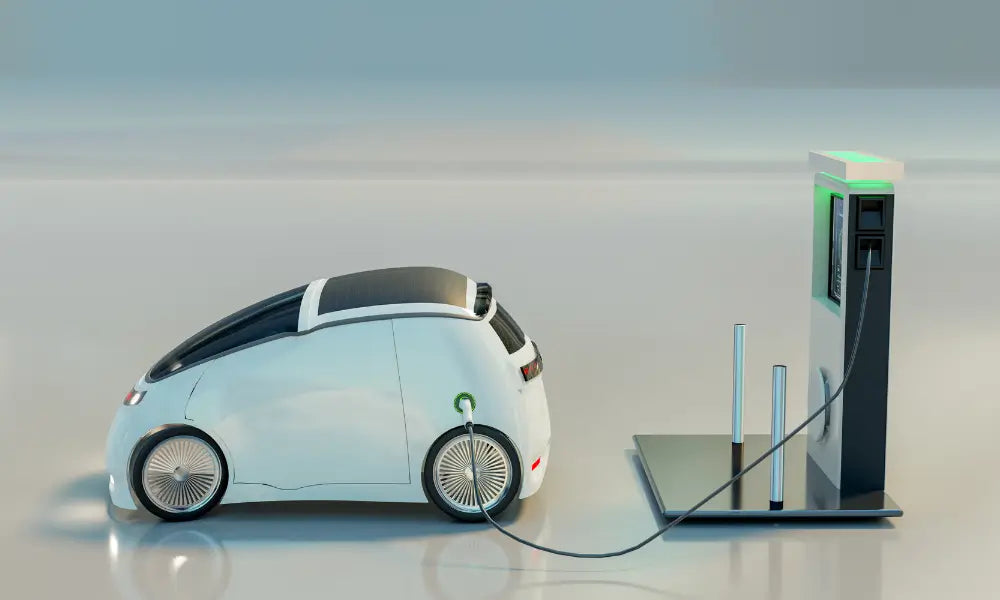
Leave a comment
All comments are moderated before being published.
This site is protected by hCaptcha and the hCaptcha Privacy Policy and Terms of Service apply.